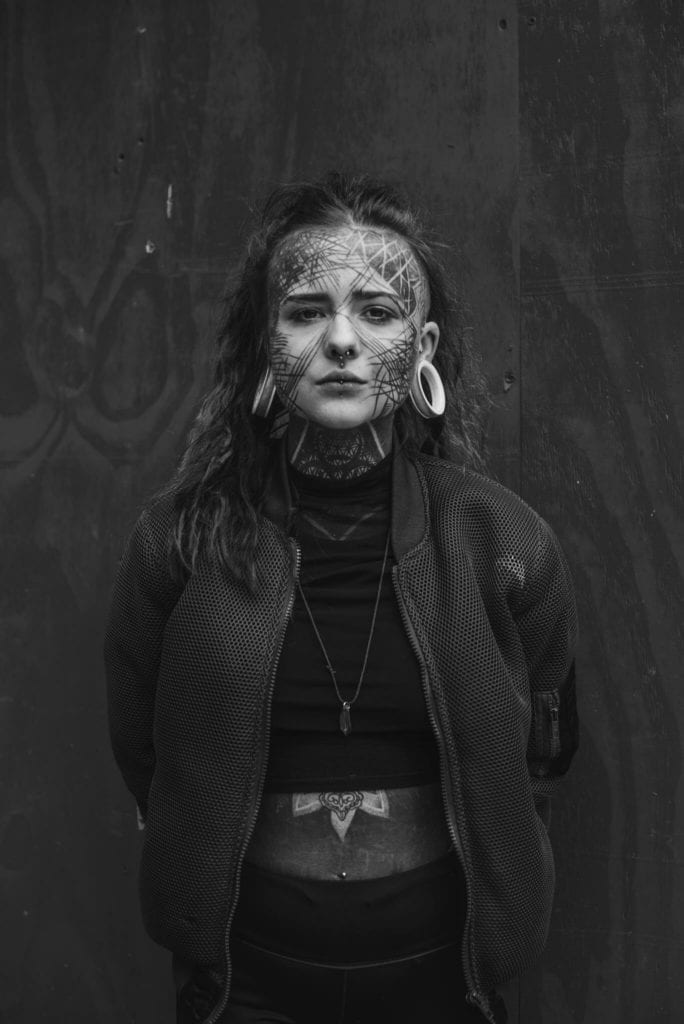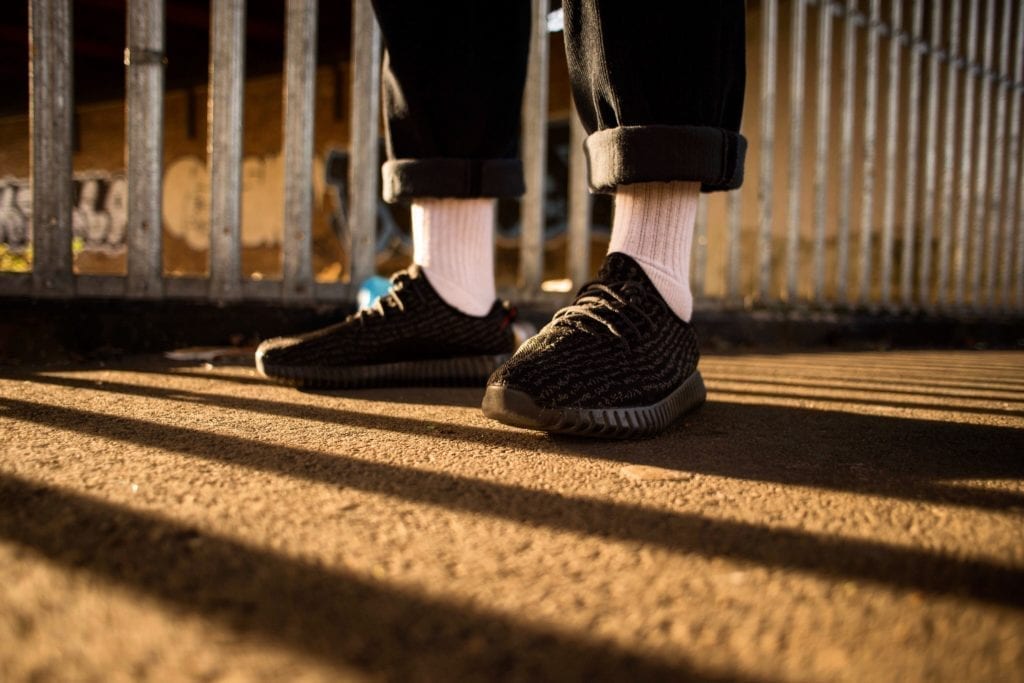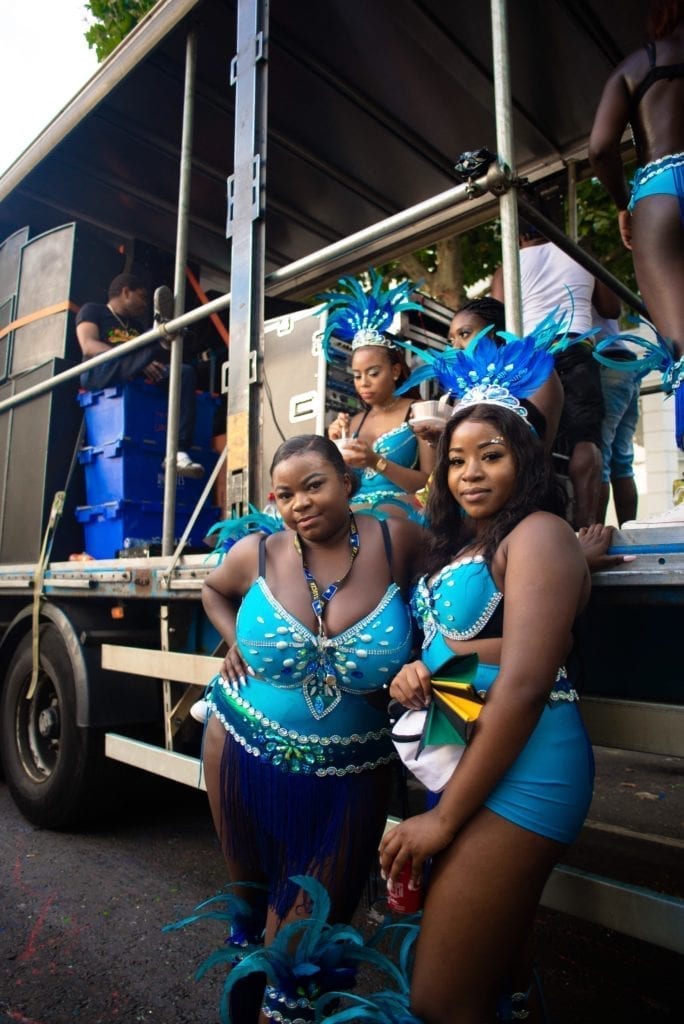Aiyush Pachnanda may have yet to finish his Photojournalism degree, but he’s already taking the photography world by storm. EyeEm, a global photography marketplace and community, recently announced him as their Photographer of the Year, the most prestigious title in the EyeEm Photography Awards.
As well as receiving a trip to Berlin Photo Week and a Sony Alpha camera, Pachnanda will act as the EyeEm ambassador during 2019. So what is it that sets Pachnanda apart from the 100,000 other photographers who entered?
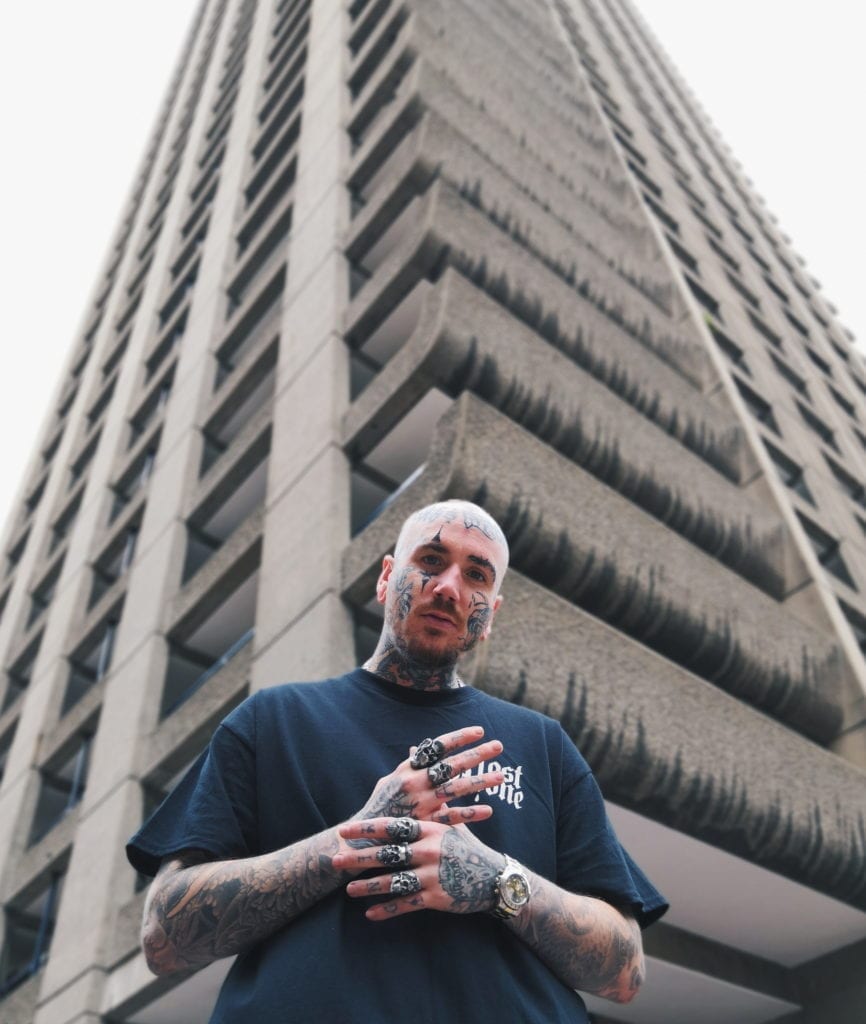
His winning image, a low angle portrait of a heavily tattooed man with a grey tower block looming behind him, says it all. Flick through Pachnanda’s work and you’ll notice two recurring themes: urban landscapes, and striking people.
Splitting his time between London, where he grew up, and Cardiff, where he studies, Pachnanda has an enduring interest both in the city, and in the subcultures that people form there. In his unaffected way (he’s pursuing a rough-and-ready style of photojournalism, often using an old point-and-shoot), he captures the raucous underbelly of urban life.
We spoke to Aiyush about winning one of the most coveted awards in contemporary photography, and documenting life in the city.
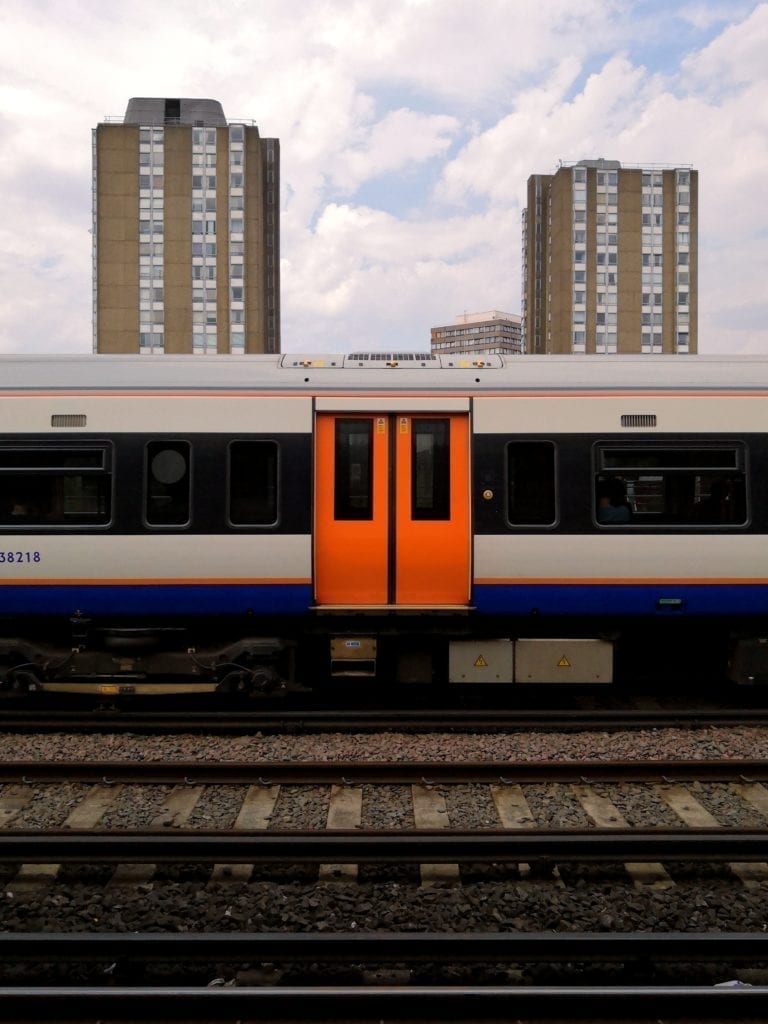
Lots of your portraits capture people who are part of subcultures. How do you find your way into these secretive groups, and convince people to let their guard down?
I believe subcultures are a form of escapism and rebellion. I also think a lot of people find their identity in being part of one, and it helps them to understand more about who they are. Before I photograph a subculture, I do my research, and learn how people in the scene communicate. I try to behave as though I am one of them rather than someone from the outside looking in.
One of the main subcultures I photograph is the Drum and Bass scene in South Wales. I began photographing nights for free in a club called Undertone in Cardiff, and now I am the main photographer for Concrete Junglists, one of the biggest names in Drum and Bass. I was drawn to it because it’s the polar opposite of my background and upbringing in London, but I have been welcomed with open arms. When I’m documenting subcultures, I feel like I am being let into a part of history.
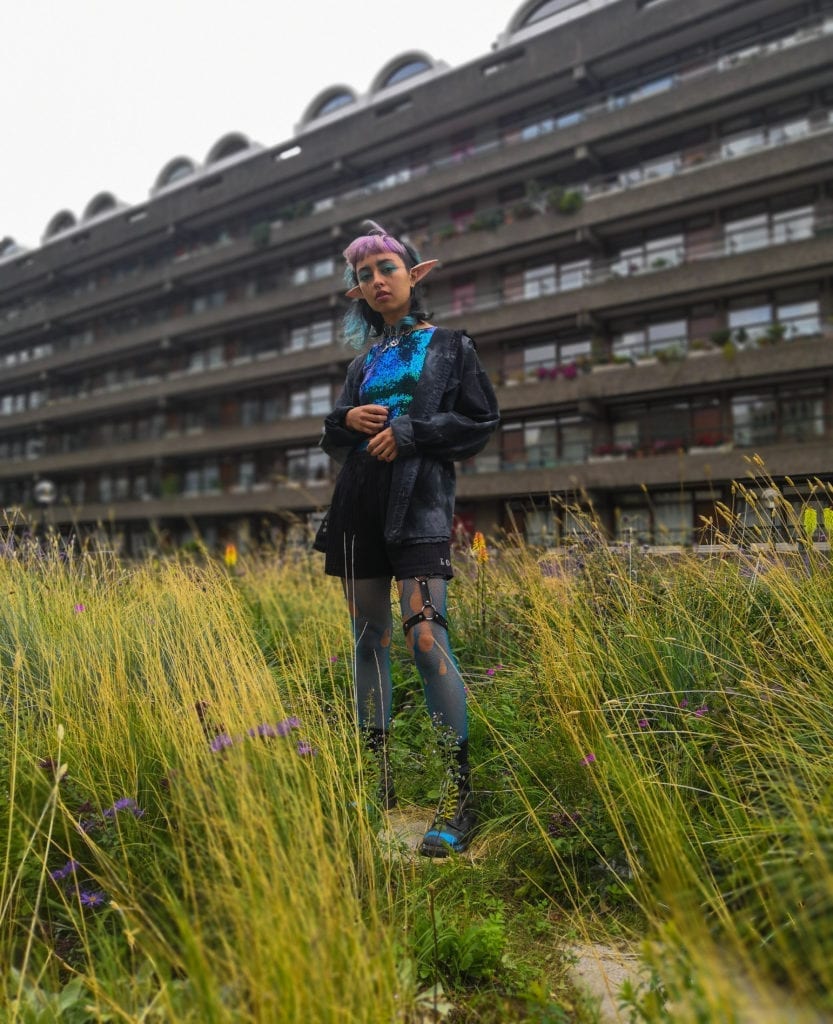
Tattoos feature very heavily in your work – what draws you to people with tattoos?
Tattoos, in my eyes, are one of the most interesting forms of art. People commit to a look forever, and I find beauty in that. The model in my winning portrait is called Dariusz Robertowski. I was scrolling through Instagram and stumbled across his profile. I was struck by his picture; he looked intimidating and bold, which is what I wanted. But when I met him in person he was the complete opposite of what I was expecting. He was kind and mellow, which made photographing him even more intriguing.
Why do your photographs often focus on young people?
A lot of the people in my pictures are close friends and housemates. The better my connection with my subjects, the more I understand their mannerisms and behaviours, and the better my work. I capture them having fun, but there’s also a lot of anger and unhappiness about British politics there – my housemate Aled said something to me that stuck lately: ‘Our futures are dictated by the older generation, and in a world they’ve created, we don’t have a say’.
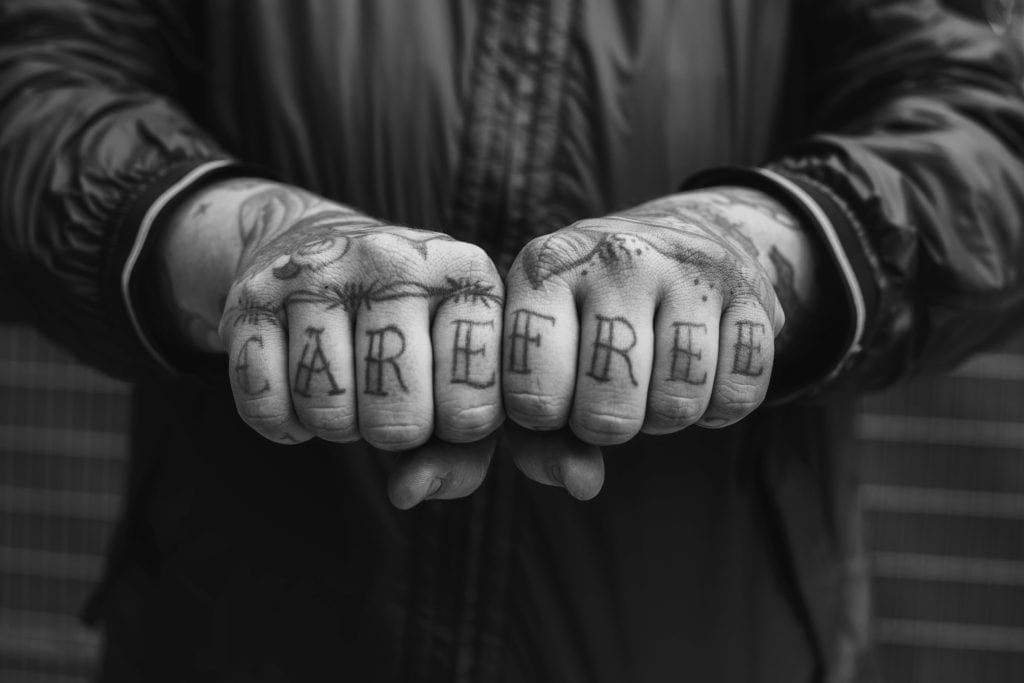
Much of your work, especially your series Late Nights, Early Mornings, is about partying. Why do you like to photograph nightlife?
In a Netflix documentary called ‘Shot’ about Mick Rock, he talks about 4AM being the ‘hour of the wolf’. I wanted to experience that for myself. Photographing people late at night is very intimate as people’s inhibitions are lowered. People are more likely to open up to me at that time, which is crucial to my work; I want to portray people as they actually are, with no pretence.
Your photographs tend to focus on life in cities. What inspires you about the city?
I have spent my whole life in the city. Growing up in London, I had never even been to the beach until I was 20. Since moving to Cardiff, I have come to realise just how fast paced London is. It’s so hectic that it’s hard to stop and capture life at a standstill. That isn’t necessarily a bad thing, though; it means I am constantly on my toes and working hard to get the shots I desire.
In Cardiff, there is more freedom to roam at a slower pace. I tend to enjoy the little things a bit more in Cardiff, such as stopping to take a photo of someone walking into a shadow, which I couldn’t do in London.
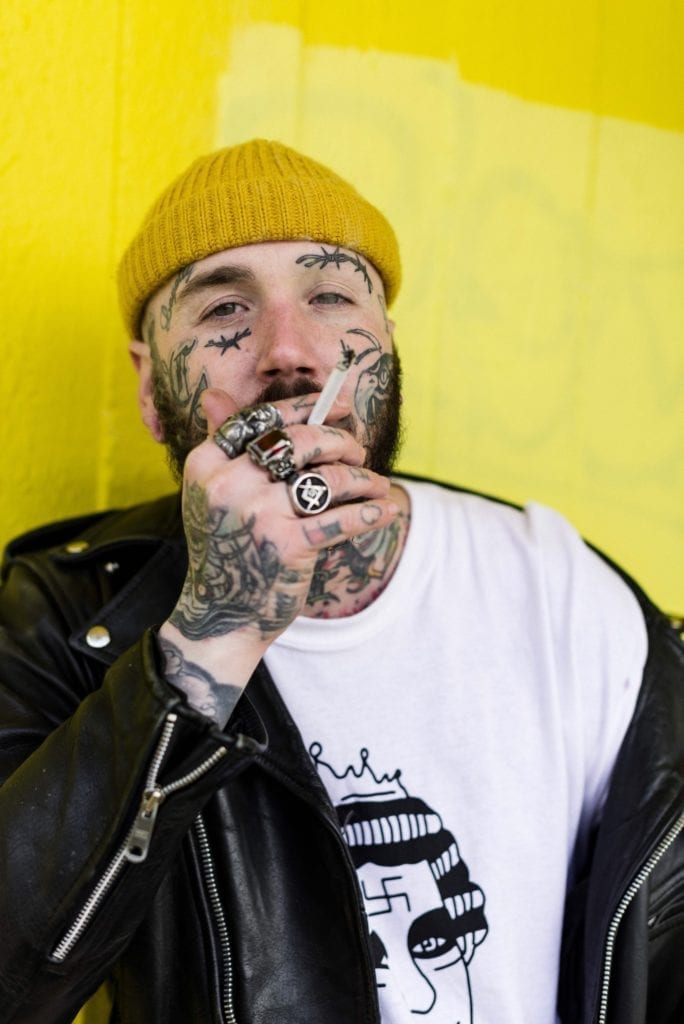
Why is EyeEm important to emerging photographers?
EyeEm gives people the opportunity to express themselves on a platform that will listen to them and respect the artistic integrity of what they are trying to achieve. Winning Photographer of the Year is the proudest achievement of my career so far. It’s given me drive to achieve more and push further.
